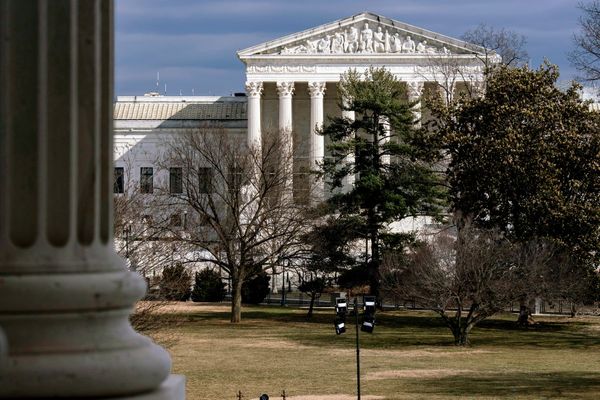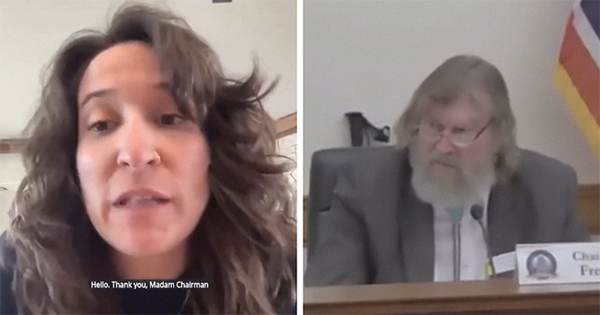
Normal conventions don’t apply in this government operating under Boris Johnson’s rules. Suella Braverman is a case in point: the attorney general for England and Wales has become known for her bizarre rants and odd stances. Her latest move is endorsing Liz Truss’s campaign pledge to remove diversity advisers from government departments. Braverman’s motivation is undoubtedly pandering to the Tory party membership and fanning the flames of a culture war. As a discrimination barrister, I know how reckless and dangerous scrapping diversity advisers would be.
When I bring cases for claimants, the first question I ask managers is: what equality training have you had? When the answer is “none”, managers are immediately put on the back foot in a tribunal. They may never recover. A lack of diversity training can have dire legal consequences. An employer accused of a random and unpredictable act of discrimination can argue that they took the “reasonable steps” to prevent such action. But unless the employer has clear anti-discrimination policies in place and has provided relevant training, this defence is unlikely to succeed.
In such cases, the burden of proof can shift to the employer to disprove that discrimination took place. A failure to take discrimination seriously by scrapping discrimination training could be the difference between an employer winning or losing a case. If diversity advisers are scrapped across government, the winners will be lawyers acting for people bringing discrimination claims against their employers. Braverman and Truss may be unwittingly opening the door to a host of new lawsuits in which government departments will be more likely to lose.
Of course, training and advice on equality, diversity and inclusion can vary in quality. But there is much excellent training out there. At the very least, working through some tricky scenarios in the safe environment of the training room will put managers and employees in a better position to make good decisions in the workplace. Try a little self-test. How many of the nine characteristics protected in the Equality Act 2010 can you name? I learned about different cultural and religious norms, which helped me understand how to make a workplace more inclusive. I also gained the confidence to ask about cultural differences that I did not understand.
Organisations confident in welcoming and accommodating diversity become stronger and more reflective of the members of our society. Yet those who have benefited from such progress in society seem to be turning their back on these advances. The former chancellor Rishi Sunak has suggested that the Equality Act needs to be “reviewed”. Meanwhile, the government has openly attacked the European convention on human rights and Boris Johnson has proposed withdrawing Britain from the ECHR altogether.
In normal governments the attorney general is a calming influence, providing legal advice to other ministers. We may hope that after the leadership race is settled, a more sensible approach will prevail – or at least that in the inevitable reshuffle, we get a new attorney general who values and understands the law.
Robin Moira White is a discrimination barrister at Old Square Chambers







